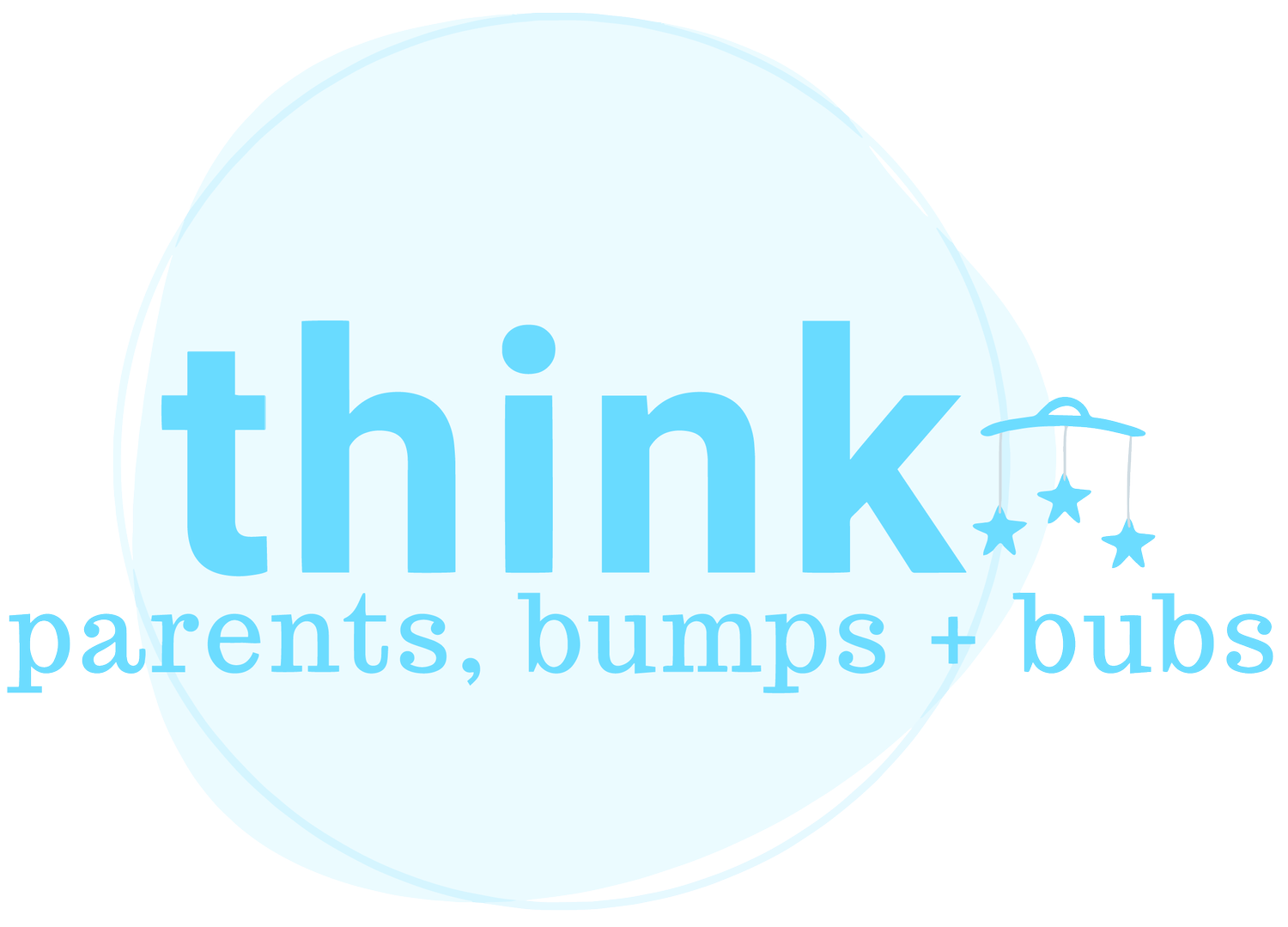What is biologically normal infant sleep?
What Is Biologically Normal Infant Sleep?
What Is Sleep Pressure?
Sleep pressure is essentially bub being tired enough to fall asleep. As adults, we can’t fall asleep if we don’t have enough sleep pressure and babies are the same. It’s that simple. Sleep pressure builds throughout the day and once it reaches a certain point, we are ready to take some sleep.
This is not a term you will hear when you turn to sleep training advice, because to be the billion-dollar industry it is, it needs to convince you that a sleep schedule or ‘one size fits all’ template is something you should buy. In reality, all babies are different. Sounds obvious but easy to forget when it comes to baby sleep.
Sleep Needs
All babies will build sleep pressure differently because we all have different sleep needs. A recent study found the normal range for a newborn is between 9 and 20 hours of sleep in a 24-hour period. Yep, a newborn sleeping 9 hours a day is normal. A bub with low sleep needs just generally needs less sleep and will need longer for sleep pressure to build. A bub with high sleep needs just generally needs more sleep and will need less time for sleep pressure to build.
Wake windows can be a helpful guide, but your baby might not fit them. Some babies can go 5 hours until they have built up enough sleep pressure to nod off, and then only need 20 minutes before they’re good to go again. In that case, going off typical wake windows will be anything but helpful. Your friends baby who follows that sleep schedule perfectly, yep, they probably have average sleep needs.
It’s easy to worry when bub isn’t getting the “recommended” amount of sleep but we are here to assure you this is not dangerous. There is absolutely no danger to your child and their health if they are on the low end of the sleep needs spectrum. If they are tired but unable to sleep for another reason, then yes – see your doctor, but if they just sleep less and are well and generally happy, it is perfectly safe for their health and development.
Forget Forcing Sleep - What To Do Instead
Forget about the re-settle
As mentioned earlier, what’s “normal” has a huge variation. If your bub has a 15-minute nap and wakes up happy, they simply took the sleep they needed. There is no need to “resettle” or get them to “connect their sleep cycles” - this is sleep training jargon. They have taken what they need. Get them up and carry on. You can try and give them a cuddle to see if they want some more sleep, but you’ll know pretty quickly if they don’t.
Push wake windows and bedtime out
It’s easy to think bub needs to sleep because we are so used to hearing about wake windows. They must be tired. If you try and put your baby to sleep during the day and it’s taken more than 15 minutes and they’re still awake, give up and try again in half an hour. The maximum amount of time it should take in the evening in 30 minutes, so if they’re still awake, get them up and try later. If sleep pressure is high enough, they will have fallen asleep by now. Trying to put an under-tired baby to sleep is enough to send anyone over the edge. It might be that your baby needs a bit more time awake to build more sleep pressure.
Provide a sensory rich environment
A hack to build sleep pressure is to provide bub with sensory rich experiences throughout the day. Being outside and taking them along with you as you go about your day will provide them with this. They’ll take the sleep they need on the go and build up sleep pressure for the long night stretch. If you’re frustrated because you had 100 things to do, take bub for the ride. Hang out the washing while they sit in the bouncer and watch, vacuum with them in the carrier, or pop them on your bed while you put the washing away. Then, when they do sleep, you can put your feet up.
Set up their circadian rhythm
Wake bub as early as feels doable at the same time each morning and try to expose them to daylight, have their day sleeps in an environment with plenty of sunlight, and their night sleeps in the dark. This will help them work out day and night, not take more sleep than they need during the day (and then less at night), and help them produce melatonin – their sleepy hormone – come night time.
Our experienced team can discuss your concerns - contact us to learn more.

